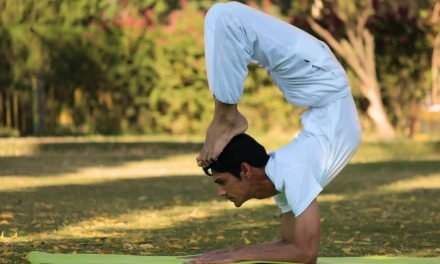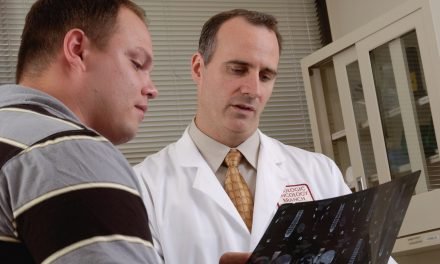
Symptoms and Causes of Ramsay Hunt Syndrome
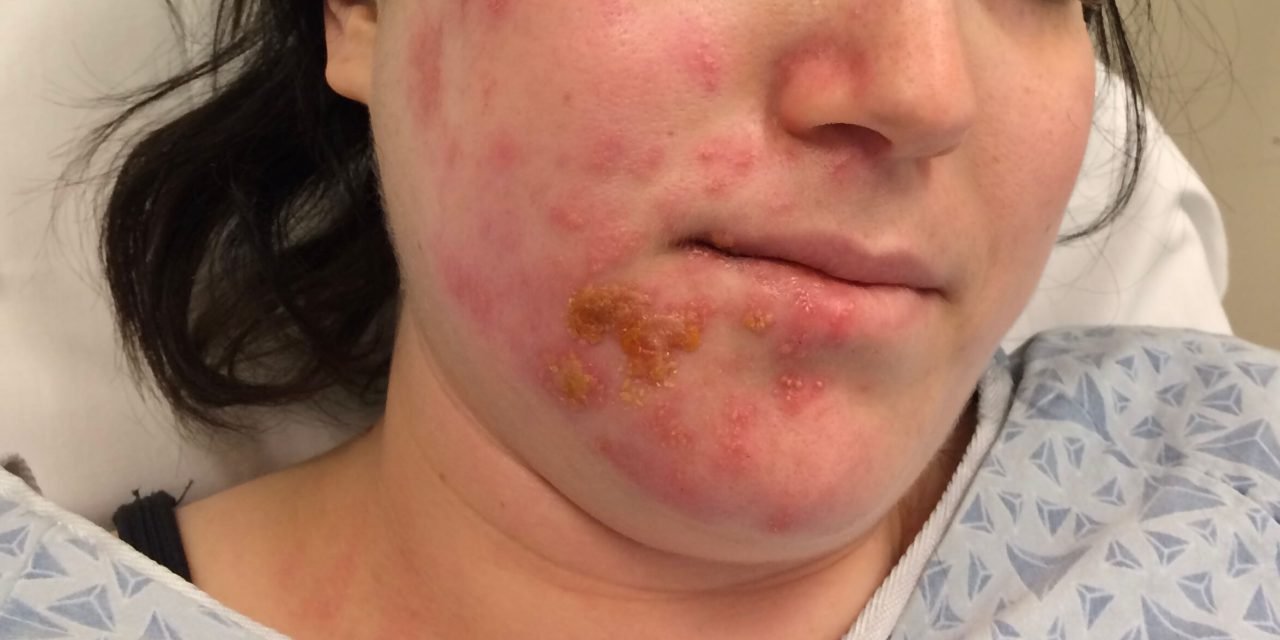
Ramsay Hunt Syndrome is a major cause of facial nerve palsy and may be accompanied by symptoms such as hearing loss or dizziness. Let’s take a closer look at what kind of disease Ramsay Hunt Syndrome is.
The etiology of Ramsay Hunt syndrome is caused by a virus such as chickenpox.
If you have Ramsay Hunt syndrome, you may have facial paralysis and deafness in your ears that are infected with the virus.
What is Ramsay Hunt Syndrome?
Ramsay Hunt syndrome is a disease caused by infection with the varicella-zoster virus (VZV) belonging to the herpesvirus family.
According to the American Journal of Internal Medicine, Ramsay Hunt syndrome paralyzes the facial vision and
Ramsay Hunt syndrome is the second most common etiology, accounting for 7% of peripheral facial nerve palsy. This is because Ramsay Hunt syndrome is caused by the relatively common varicella-zoster virus.
Ramsay Hunt syndrome is the second most common etiology, accounting for 7% of peripheral facial nerve palsy. This is because Ramsay Hunt syndrome is caused by the relatively common varicella-zoster virus.
- malaise, fatigue and pain
- Skin rash and hearing loss
- Taste association or loss
- peripheral facial nerve palsy
Causes of Ramsay Hunt Syndrome
The varicella-zoster virus, the cause of Ramsay Hunt syndrome, affects people who have already had chickenpox. This is because it is a virus that can be dormant in the host’s body, especially nervous tissue.
When the virus is activated, it causes related symptoms. The New York State Department of Health is usually transmitted through direct contact with the saliva or mucus and blisters of an infected person.
However, along with a droplet infection through coughing or sneezing, people who touch contaminated objects can also become infected and contract Ramsay Hunt syndrome.
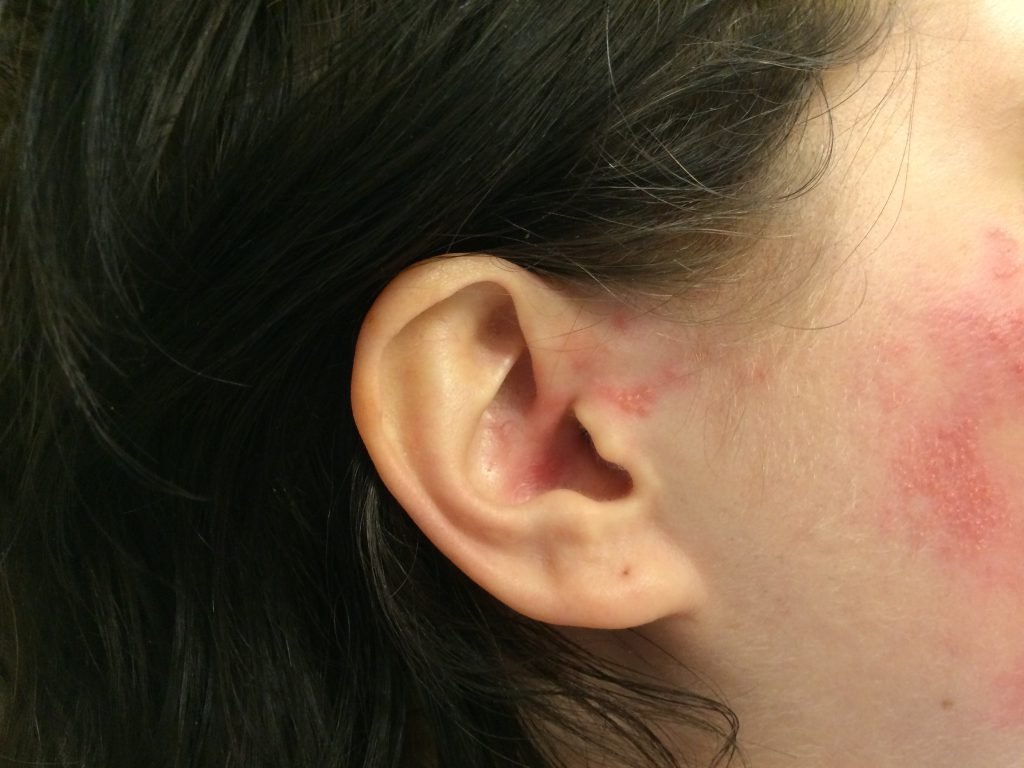
The chickenpox virus, a prerequisite for Ramsay Hunt syndrome, can recur.
risk factors
People who have had chickenpox can get Ramsay Hunt syndrome, but fortunately, it is not contagious.
Skin rashes can be a source of infection. People who have not had chickenpox may develop symptoms of an infectious viral disease if they come into contact with someone with Ramsay syndrome.
The varicella-zoster virus is nothing to worry about if you get vaccinated.
Age also has a big influence on infection, but children with Ramsay Hunt syndrome are rare, and it usually occurs in elderly people over the age of 60 or people with weakened immunity.
Symptoms of Ramsay Hunt Syndrome
As mentioned earlier, symptoms of Ramsay Hunt syndrome vary. Mayo Clinic specialists explain that the most prominent symptoms of the syndrome are facial numbness and rash, and it is also characterized by blisters around or inside the ear.
Some patients do not have a rash or develop a rash after facial paralysis, ear pain, persistent tinnitus, or hearing loss.
Facial paralysis can make it difficult to close the eyes on the affected side and dry eyes and mouth. This is because the glands that secrete tears and saliva are also affected by the facial nerve.
There is also a change in taste, so the front tongue cannot taste the food.
Complications of Ramsay Hunt Syndrome
Ramsay Hunt syndrome can cause long-term complications and, in the worst case, post-herpetic neuralgia. Postherpetic neuralgia is characterized by a rash and chronic pain in the affected area.
It is a disease that occurs when nerve fibers are infected with a virus. In addition, facial sensitivity and hearing loss occurs. However, these complications are uncommon.
Lastly, not being able to close your eyes may injure your eyes. Foreign objects can enter the eye, damage the cornea, and reduce vision.
Diagnosis of Ramsay Hunt Syndrome
The patient’s symptoms and medical history should be evaluated and the possibility of developing peripheral facial palsy should be considered.
The ‘Clinical Journal of Family Medicine also announced that several tests can be used to diagnose the disease. First, a serological test to see if there is a varicella-zoster virus antibody.
Polymerase chain reaction (PCR) testing is also helpful. Although it is difficult to confirm, when there is no possibility of developing other diseases, magnetic resonance imaging (MRI) examination is sometimes performed.
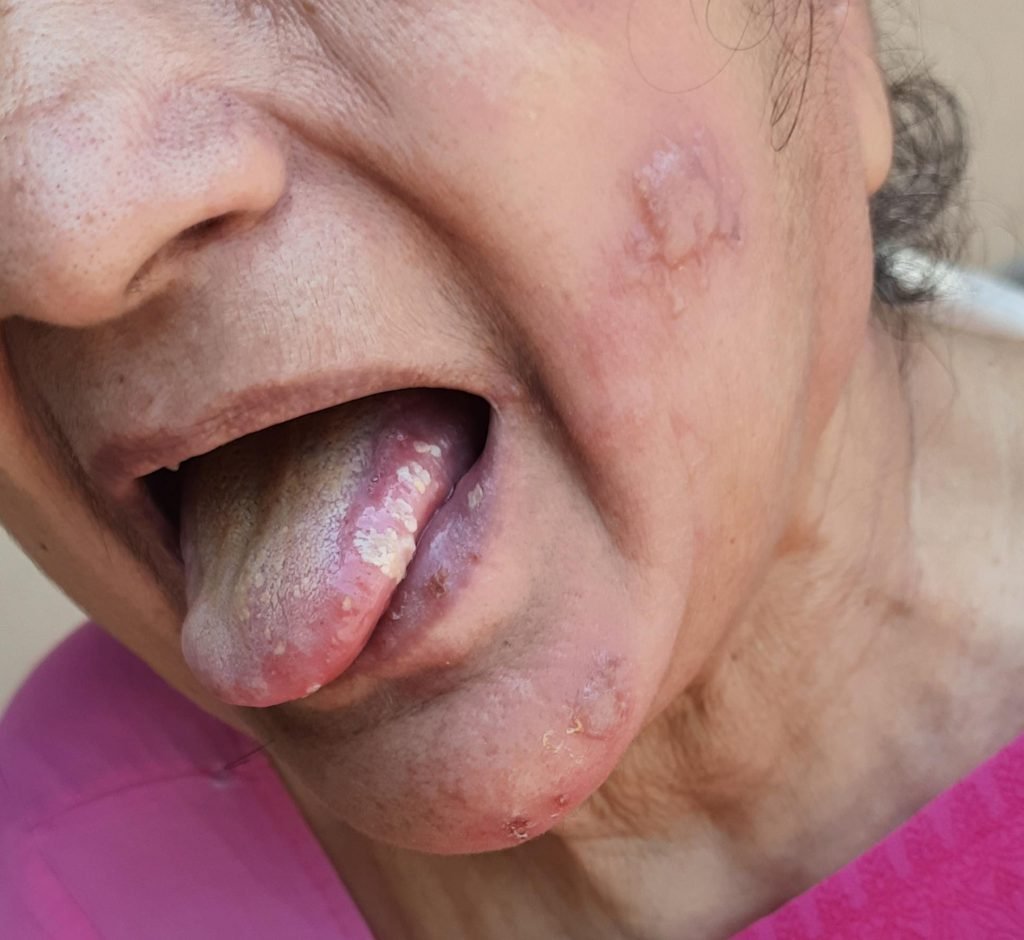
MRI scans are performed when all possible developments of other diseases, such as brain tumors, have been ruled out.
Current treatment methods
Treatment for Ramsay Hunt syndrome is aimed at preventing complications and relieving discomfort. Pain relievers are mainly prescribed for pain relievers, and patients with dizziness can be prescribed anti-anxiety drugs.
Among the antiviral drugs that prevent the spread of the virus, acyclovir and valacyclovir are often prescribed, and corticosteroids are sometimes taken together to increase the effect.
Only when infected with the varicella-zoster virus
Ramsay Hunt syndrome can only affect people infected with the varicella-zoster virus and is especially common in the elderly years after infection. Facial paralysis and a blistering rash are the main symptoms.
If you find the above-mentioned symptoms, visit a hospital promptly and get early treatment to prevent long-term complications such as chronic pain.


